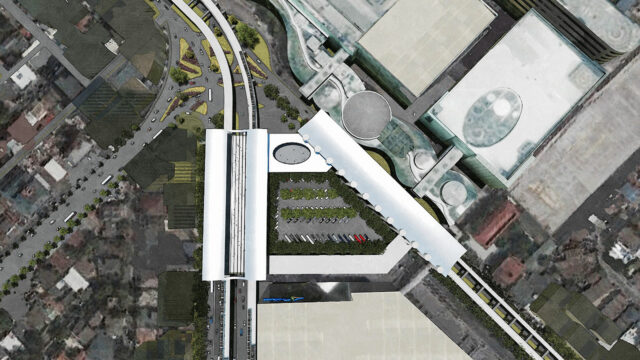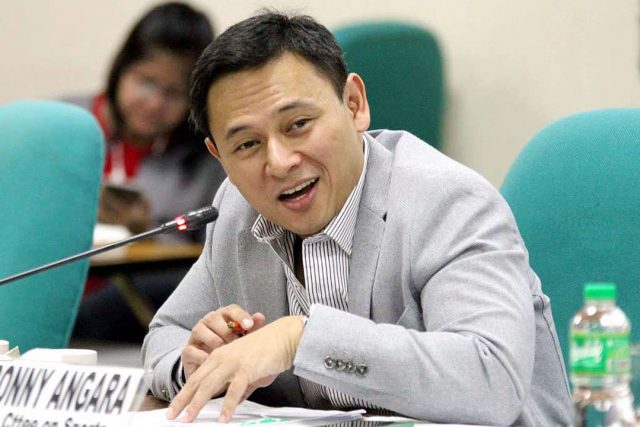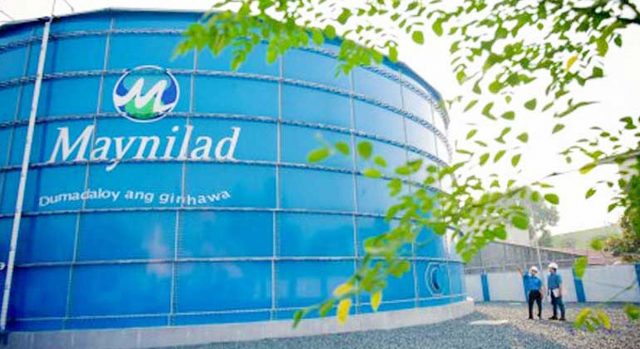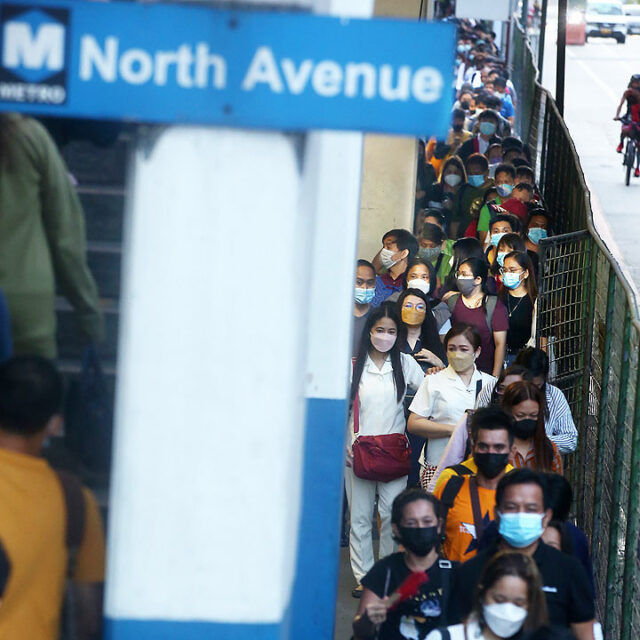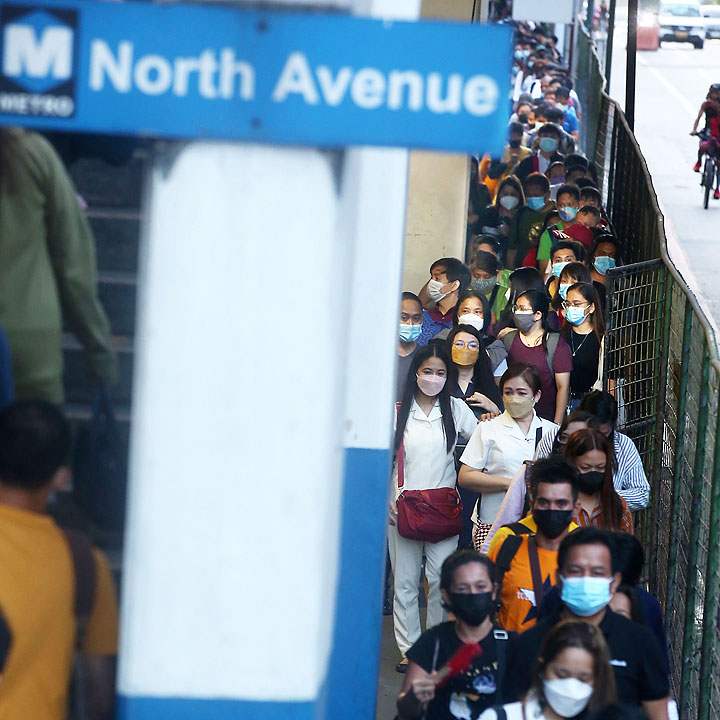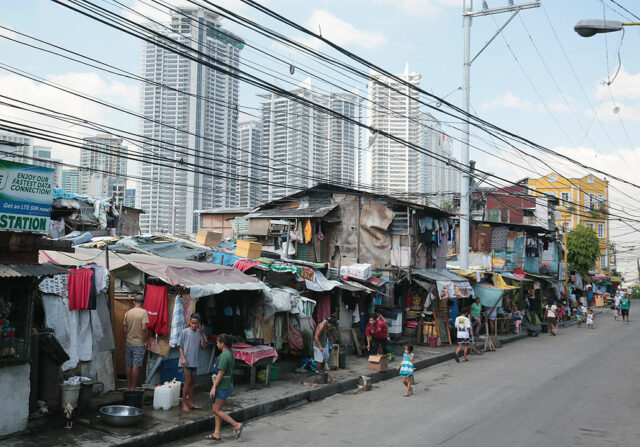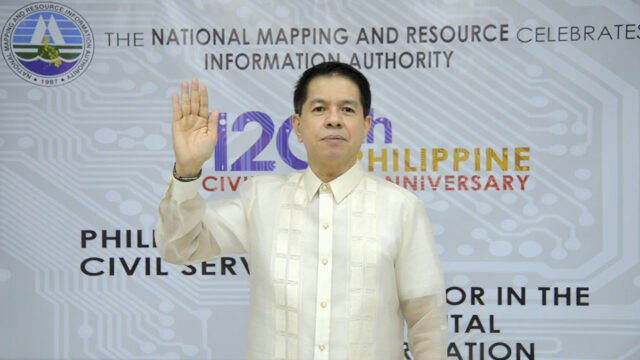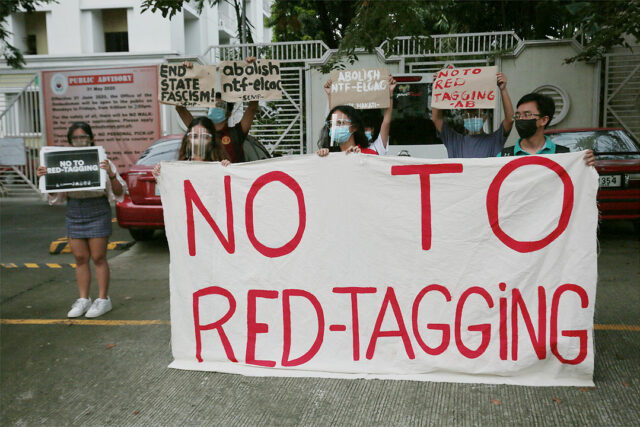LRT-MRT-Subway Common Station expected to be complete this month
THE Transportation department said on Thursday that the Unified Grand Central Station, or Common Station, in North EDSA, Quezon City, is set to be completed this month, before President Rodrigo R. Duterte leaves office.
The construction of the project, which will interconnect Light Rail Transit Line 1 (LRT-1), Manila Metro Rail Transit System Line 3 (MRT-3), Metro Rail Transit Line 7 (MRT-7), and Metro Manila Subway, is currently being “accelerated,” the department said in a statement.
“After eight years of delay, the Common Station is expected to be completed this June with the remainder of the project now in full swing,” it added.
The project features an intermodal integrated system, allowing departing passengers of the Common Station to catch buses, jeepneys, and taxis.
Once completed and opened, the Common Station, which features a 13,700-square meter concourse area, is expected accommodate up to 500,000 passengers daily, the department said.
In January 2017, the government and private companies involved in the project signed a memorandum of agreement after years of deadlock on the matter of the project’s location.
The agreement was signed by Transportation Secretary Arthur P. Tugade; Public Works Secretary Mark A. Villar; Metro Pacific Investments Corp. Chairman Manuel V. Pangilinan; SM Prime Holdings, Inc. Director Hans T. Sy; Ayala Corp. Chief Executive Officer Jaime Zobel de Ayala; and San Miguel Corp. President and Chief Executive Officer Ramon S. Ang.
Under the agreement, the project was built at a compromise site near the original 2009 site in front of SM Annex (North EDSA) and the 2014 location near Ayala-owned TriNoma Mall.
“Within the remaining 15 days of the Duterte administration, more projects across the archipelago will be completed and initiatives to be implemented to achieve unprecedented heights of connectivity and mobility to make the Filipino life more convenient and comfortable,” the Transportation department said. — Arjay L. Balinbin

